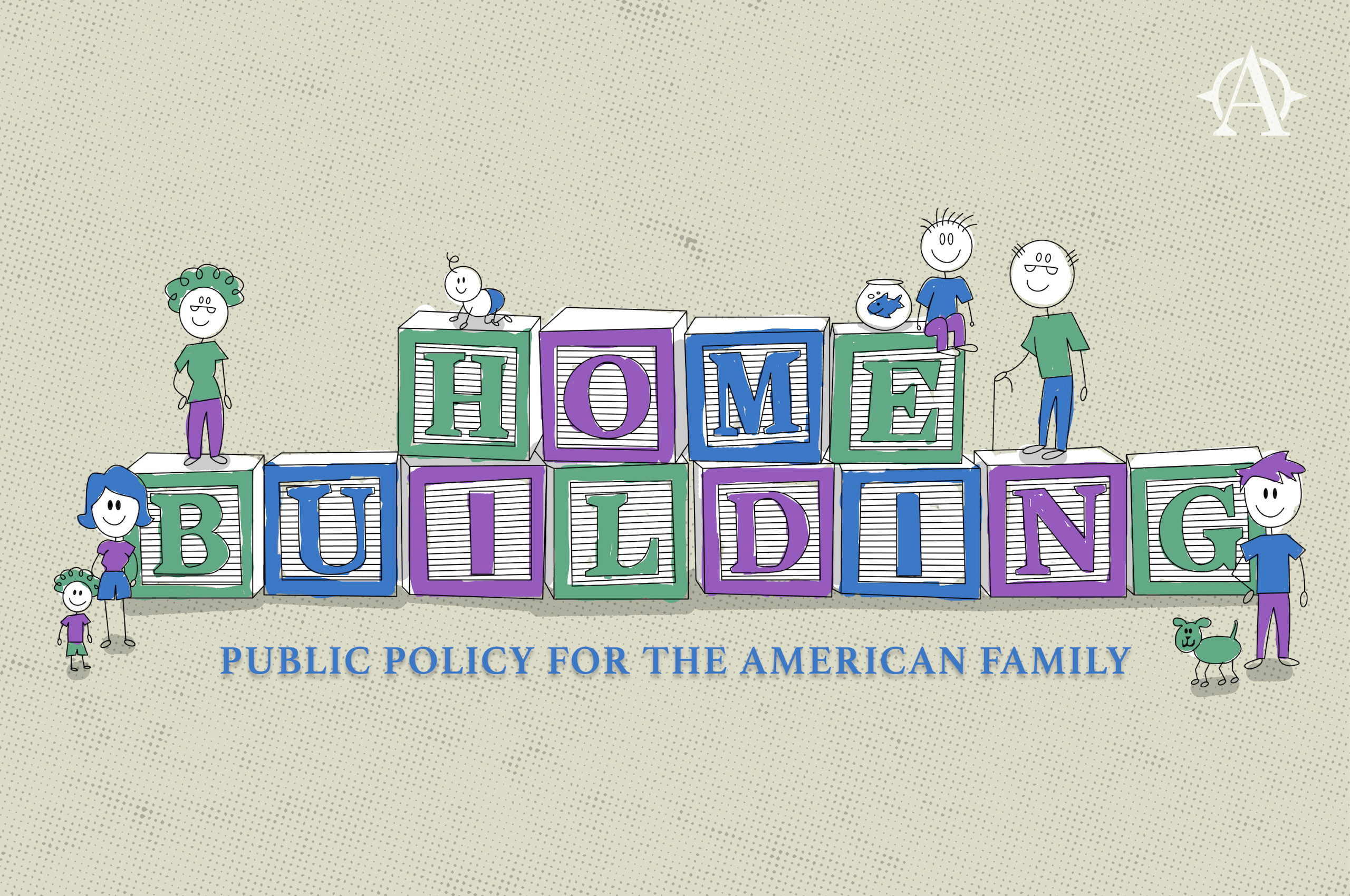
RECOMMENDED READING
In D.C. circles, you often hear pundits and organizers talk about the difference between an actual “grassroots” movement and its evil cousin, “astroturf”—a manufactured facsimile meant to advance a top-down agenda. Halfway between artifice and authenticity you might come across the “bonsai trees,” prized specimens painstakingly manicured to give just the right effect. At a hearing or lunchtime panel, you might hear from a low-income mom who benefited from a tax credit program being pushed by an advocacy organization, or a farmer whose daily concerns are shoehorned into a discussion about agriculture subsidies.
To be sure, these are real people whose stories genuinely intersect with various facets of public policy. But when working-class Americans receive a platform in policy circles, they too often tend to be props flown in for a hearing, carefully positioned next to the podium at a rally or quoted in sound bites served up by an interest group with an agenda of its own. Their perspectives are sanitized and pre-packaged, not taken for what they are—messy and at times contradictory, but more than just a stand-in for a pre-existing agenda.
As the editor of the Edgerton Essays project published by American Compass in partnership with the Ethics and Public Policy Center, I naively thought our task would be a fairly simple one. We sought out working-class Americans, typically without a four-year college degree, who felt distant from the political discourse and invited them to tell politicians about the challenges facing their communities.
Recommended Reading
Conclusion to the Edgerton Essays
These essays captured the unfiltered thoughts of working-class Americans in all their complicated diversity.
Social Security Was Supposed to Be Secure
I thought Social Security was supposed to be secure. But we often are warned that the dollars allocated for this purpose are running out. Why are politicians so eager to spend money on everything but maintaining this contract?
Family Policy for the Working-Class Majority
A pro-worker agenda must treat families, not individuals, as the basic units of public policy.













